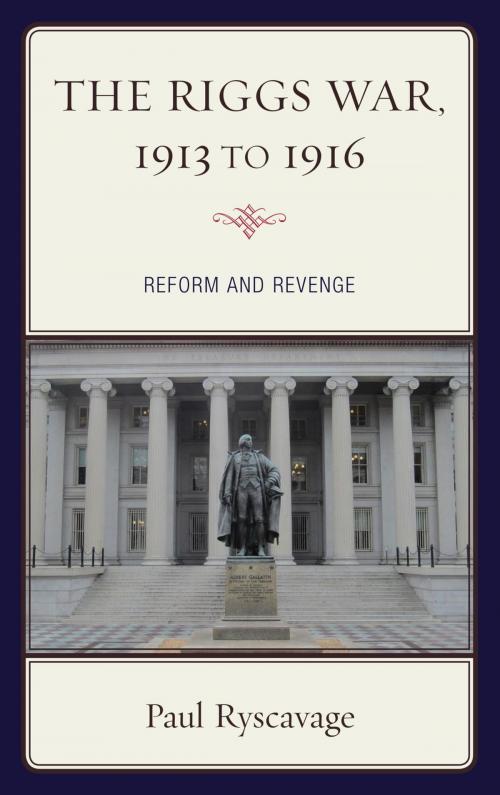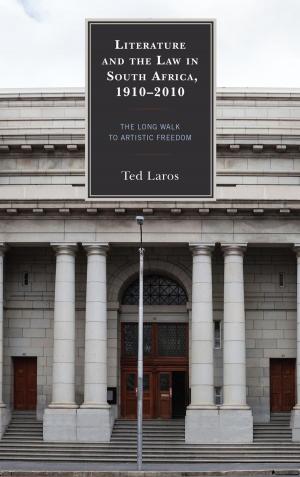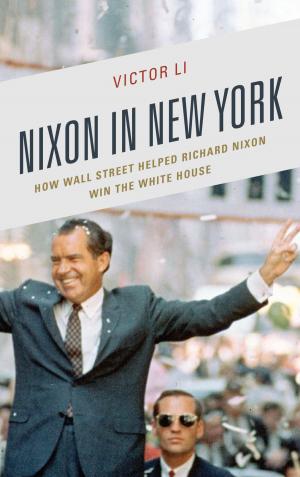The Riggs War, 1913 to 1916
Reform and Revenge
Nonfiction, Social & Cultural Studies, Political Science, Politics, Economic Policy, History, Americas, United States, 20th Century, Government| Author: | Paul Ryscavage | ISBN: | 9781683930778 |
| Publisher: | Fairleigh Dickinson University Press | Publication: | August 25, 2017 |
| Imprint: | Fairleigh Dickinson University Press | Language: | English |
| Author: | Paul Ryscavage |
| ISBN: | 9781683930778 |
| Publisher: | Fairleigh Dickinson University Press |
| Publication: | August 25, 2017 |
| Imprint: | Fairleigh Dickinson University Press |
| Language: | English |
In 1913, President Woodrow Wilson opened the nation’s door to an era of reform. To help him, he brought to Washington men imbued with a progressive spirit—and in some, grudges as well!
Before work on reforms got underway, two high ranking officials of the Treasury Department attacked a local bank over its banking practices. The bank officers had close ties to Wall Street; the Treasury officials were no friends of Wall Street (with scars to prove it). Aggressive bank examinations, hostile interviews, and accusatory letters ensued, eventually resulting in the bank filing an injunction against the government.
But after an acrimonious court hearing, the injunction appeared to have failed. Indeed, a grand jury indicted the bank officers of perjury. In 1916, a three-week criminal trial of the bankers took place in which former Presidents Taft and Roosevelt appeared on behalf of the bankers. It was a cause celebre in the nation’s capital and much of the country.
When the verdict was reached it was clear “bad blood” had been spilled everywhere—and this nasty, little war had been more than just about reform.
In 1913, President Woodrow Wilson opened the nation’s door to an era of reform. To help him, he brought to Washington men imbued with a progressive spirit—and in some, grudges as well!
Before work on reforms got underway, two high ranking officials of the Treasury Department attacked a local bank over its banking practices. The bank officers had close ties to Wall Street; the Treasury officials were no friends of Wall Street (with scars to prove it). Aggressive bank examinations, hostile interviews, and accusatory letters ensued, eventually resulting in the bank filing an injunction against the government.
But after an acrimonious court hearing, the injunction appeared to have failed. Indeed, a grand jury indicted the bank officers of perjury. In 1916, a three-week criminal trial of the bankers took place in which former Presidents Taft and Roosevelt appeared on behalf of the bankers. It was a cause celebre in the nation’s capital and much of the country.
When the verdict was reached it was clear “bad blood” had been spilled everywhere—and this nasty, little war had been more than just about reform.















